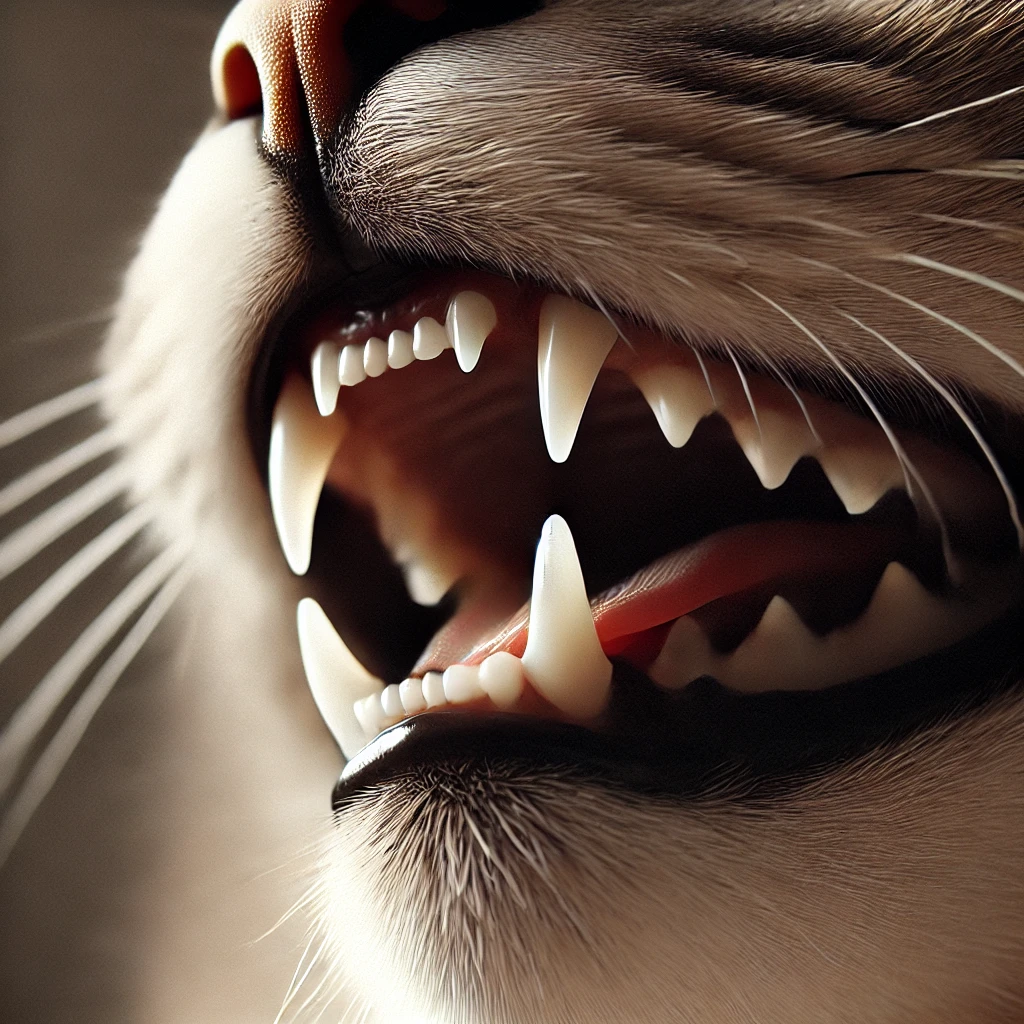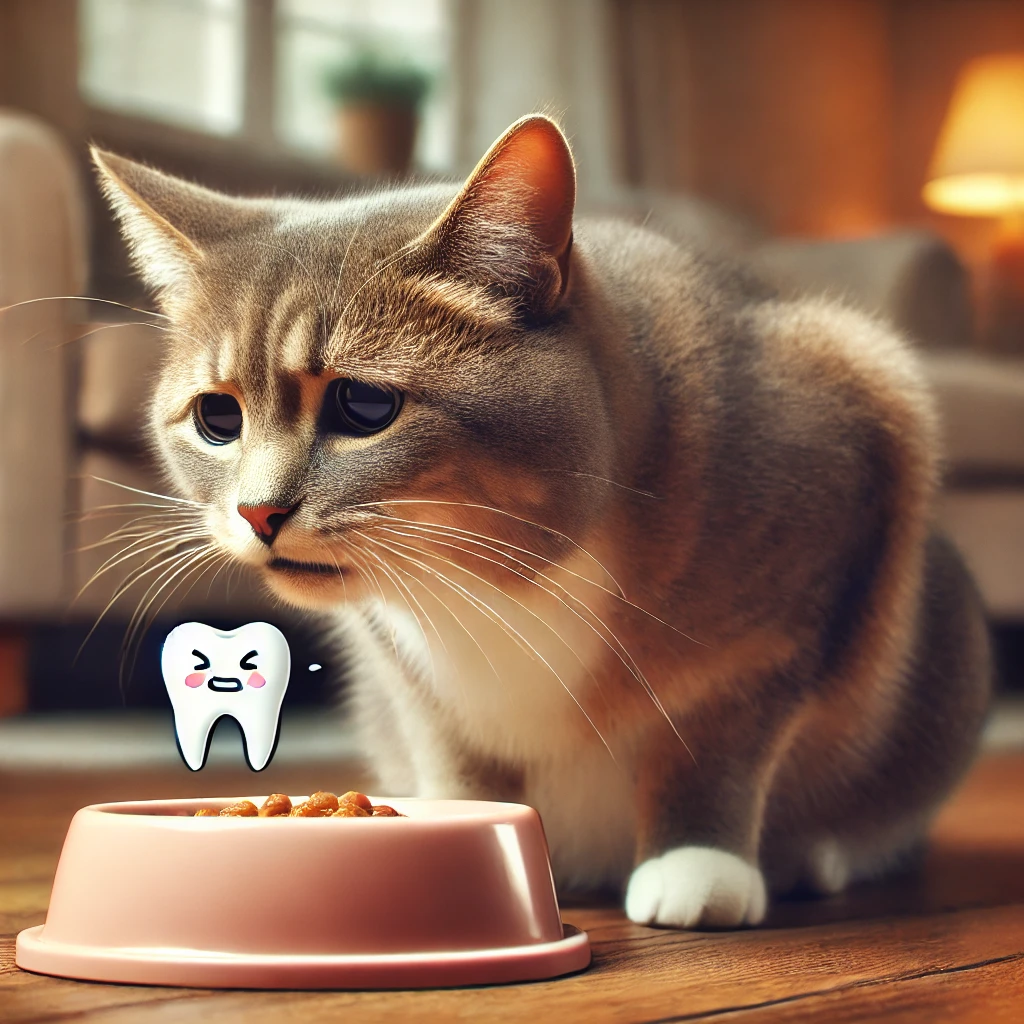Unlocking the Secrets of Optimal Dental Care for Your Cat’s Health and Longevity
Many cat owners often overlook the vital importance of their feline companions’ dental health, which can lead to severe health complications. Much like humans, cats depend on their teeth being in excellent condition to sustain their overall health. The unique anatomy of a cat’s mouth is specifically designed with sharp teeth that are perfectly suited for tearing and cutting their food efficiently. When dental issues emerge, they can drastically interfere with their ability to eat properly and may trigger serious health complications throughout their body, ultimately affecting their lifespan and quality of life.
The prevalence of dental disease among cats is alarmingly high. Research indicates that a significant majority of cats will face some dental issue during their lifetime, which can range from minor tartar accumulation to severe conditions like gum disease and eventual tooth loss. These dental problems can extend beyond the mouth, potentially leading to critical complications that can affect essential organs such as the heart, liver, and kidneys, highlighting the urgent need for proactive dental care practices.

Recognizing the potential hazards associated with neglecting your cat’s dental health is crucial. When a cat suffers from dental disease, harmful bacteria from these infections can easily enter the bloodstream, spreading throughout the body and resulting in chronic health issues that can drastically reduce their quality of life. Therefore, monitoring your cat’s teeth and gums goes beyond mere aesthetics; it is an essential component of their comprehensive health and well-being that cannot be overlooked.
Identifying Key Indicators of Dental Issues in Your Cat: Essential Signs to Monitor
Detecting dental problems in your cat can prove to be challenging; however, certain signs can assist you in identifying potential issues before they worsen. A significant drop in appetite or your cat suddenly refusing to eat their favorite kibble is often a primary sign that something is wrong. Moreover, symptoms like excessive drooling, persistent bad breath, and the presence of visible bleeding gums all indicate that their oral health is compromised and requires urgent attention.
Cats possess an exceptional ability to conceal pain, which makes recognizing dental discomfort even more difficult. Thus, it is imperative to remain vigilant and observe for subtle behavioral changes, such as increased irritability, reluctance to play, or a newfound habit of pawing at their mouth. These behaviors can signify underlying dental distress and should never be disregarded, as early detection can significantly enhance treatment efficacy.
Regular veterinary check-ups form an integral part of maintaining your cat’s dental health at its best. A qualified veterinarian is equipped to uncover dental issues that may not be apparent during regular examinations. Prompt identification of these problems is essential, as it allows for timely intervention before minor concerns escalate into major health risks.
Take, for example, Mittens, a lively tabby who appeared to be in perfect health until a routine veterinary examination unveiled advanced dental disease. Thanks to swift intervention, Mittens successfully avoided severe health repercussions. Accounts like Mittens’ underscore the critical need for not neglecting regular vet visits, even when your furry friend seems to be in great shape.
Establishing a Comprehensive Dental Care Routine for Your Cat
Formulating a dental care routine for your cat may seem overwhelming at first, but with the right tools and a bit of patience, it can transform into a straightforward and fulfilling practice. Firstly, selecting appropriate dental products is essential. Invest in specially designed cat toothbrushes and toothpaste; using human toothpaste is certainly not suitable for your feline friend and may pose health risks.
After gathering your dental care tools, the next step is to gradually acclimate your cat to the brushing process. Cats typically need time to adjust to having their teeth brushed. Start by allowing them to sample the toothpaste, making the experience enjoyable and stress-free. Then, gently massage their gums with your finger to familiarize them with the sensation before introducing the toothbrush.
Incorporating professional cleanings by your veterinarian should also be a vital aspect of your cat’s dental care regimen. Vets can perform deep cleaning procedures and address any issues that at-home routines might overlook. This collaborative approach to dental health can greatly enhance your cat’s overall oral hygiene and help prevent future complications.
If your cat exhibits resistance to tooth brushing, remember that patience is key. Employ treats as positive reinforcement and keep each brushing session brief and enjoyable. Over time, your cat will become accustomed to this routine, allowing it to seamlessly blend into their daily life.

The Critical Impact of Nutrition on Your Cat’s Dental Health
The significance of diet in maintaining your cat’s dental health is paramount. You might be surprised to learn how appropriate nutrition can enhance the strength of their teeth and the health of their gums. Certain food formulations are specifically designed to help minimize plaque and tartar buildup, effectively providing your cat with a mini dental cleaning with every bite.
When selecting food for your cat, consider opting for dental-specific options. These products often feature a texture designed to assist in cleaning teeth, making a significant difference in your cat’s oral hygiene routine. It’s akin to providing their mouth with a delightful workout! However, remember that while these foods are beneficial, they should complement, rather than replace, regular dental care practices.
Avoid giving sticky or sugary treats that can adhere to their teeth and contribute to decay. Instead, choose treats that are both palatable and supportive of dental health. Think of these treats as small allies in your mission to uphold your cat’s oral hygiene, enhancing their dental health while they relish a tasty snack.
Incorporating dental-friendly foods into your cat’s diet is easier than it may seem. Start by mixing a bit of new food into their regular diet to observe their response. Always consult your veterinarian to ensure that any dietary adjustments align with your cat’s specific nutritional requirements while promoting optimal dental health.
The Article: Dental Care For Cats: Why It’s Important And How To Start Appeared First On Unity Pets.
The Article Was Found On https://limitsofstrategy.com
The Article Please provide the title you’d like me to rewrite. First Appeared ON
: https://ad4sc.com
Comments are closed